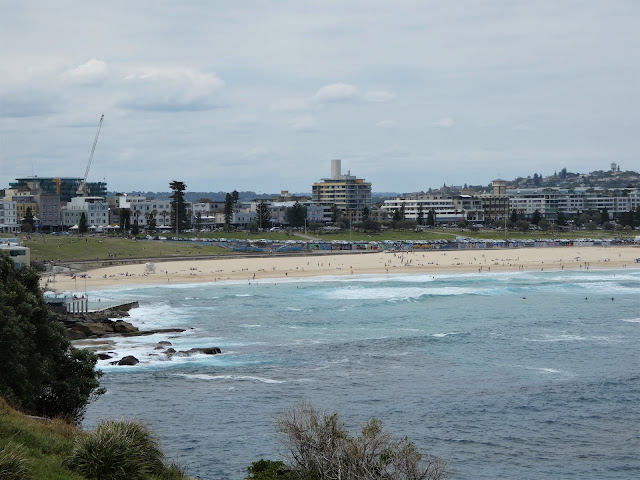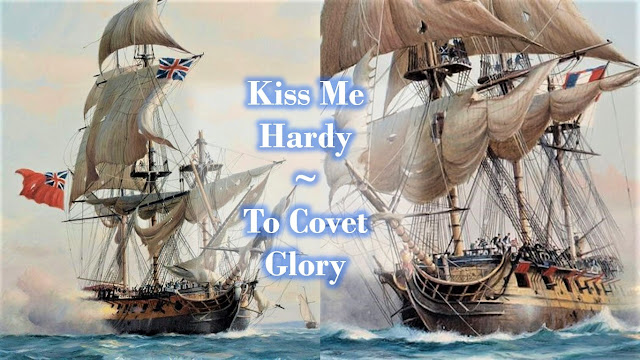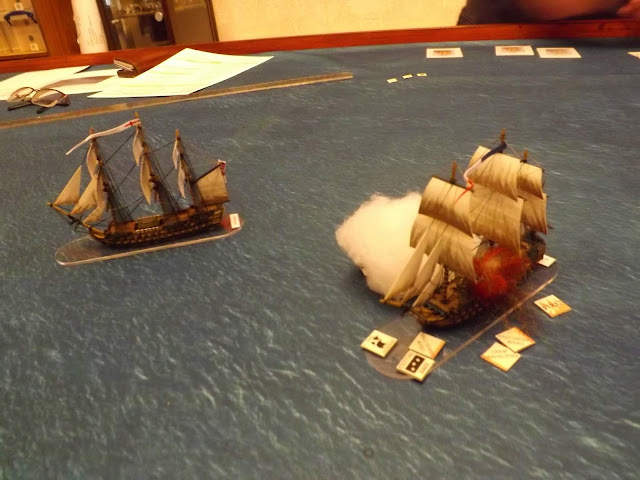Picking up from where I left off in my last post looking at the Australian National Maritime Museum, see link below, this post completes the look at Sydney and its sites during our stay in the city with a much needed break from the urban landscape and a desire to get back into the Great Australian Outdoors and being that Carolyn and I are used to seeing the beach and the sea most days, what better way than to head off to the coast.
.jpg) |
| JJ's on Tour Australian National Maritime Museum |
If you are coming to this post as a start point, then it is important to point out that this is just but one of a series of posts looking at Carolyn's and my tour across the Pacific from Vancouver on the west coast of Canada, via Hawaii, Fiji, New Zealand and now looking at Australia, and the whole series can be picked up in the label - 'JJ's on Tour' in the right hand column.
 |
| Map courtesy of https://www.freeworldmaps.net/australia/ |
On the particular day of this little excursion we first started with our visit to the Sydney Fish Market, covered in my post looking at the sites in Sydney, and following a hearty breakfast there, we hailed an Uber to take us out to Coogee on the east coast from where we planned to make the two to three hour, four mile walk, along the cliff path to the world famous Bondi Beach.
 |
| It's only a short drive from Sydney to the coast and the map above shows the route of our day's walk, along the cliffs from Coogee beach to Bondi Beach. |
I must say I was looking forward to this change of environment with great anticipation, not really knowing what to expect, given that the hype surrounding famous places around the world doesn't always match up with a personal impression, and this was not exactly our first rodeo, having come via Hawaii and the hustle and bustle of Honolulu and Waikiki Beach.
 |
| Coogee Beach - It's not Torbay or 'Torbados' as us locals would call it, but the vibe is very familiar |
My first impression of stepping out of the taxi on the seafront at Coogee was one of a strange feeling of familiarity.
I knew from the accents of overheard snatches of conversation that I was definitely in Australia, but the whole environment seemed to me to be just like stepping out on to any other British style seafront, with readily recognisable architecture I might expect to see in Weston-Super-Mare or Brighton and the mid-morning overcast sky seemed to give an extra hint of summers back home as a kid.
 |
| Coogee Beach from a bygone era, packed with holiday makers, with a strong hint of familiarity for any Brit. |
If the Coogee Pier seen in the picture above from the early 1930's had still been around it would have put the final seal on my impression of familiarity, and I suppose I shouldn't have been that surprised given the likely heritage of the folks that built the town and their desire to create that familiarity with former homes.
 |
| All fresh and eager to walk, Carolyn and I thrilling to be back at the beach with that familiar air filling the nostrils. |
Of course the other aspect that reminded me that this was definitely Australia was the local wildlife and my eye was immediately drawn to the distinctly different but often similar bird life to be seen as we headed off along the seafront to climb the cliff path on our way to Gordon's Bay, so named after the Governor Surveyor, Lewis Gordon who granted the neighbouring land of forty acres to himself in 1840 until its sale in 1859.
 |
| A Crested Pigeon, Ocyphaps lophotes, one of many to be seen patrolling the open areas alongside the path as we walked from Coogee to Gordon's Bay |
It was a gentleman called John Thompson, Mayor of Randwick in 1873, who bought Gordon's Bay in 1859, having the bay modestly renamed after himself for sometime after his purchase, this following his building of Cliffbrook, the first house to overlook the sea, on an estate of eleven acres.
 |
| Gordon's Bay today makes for an interesting contrast to that of 1883 seen below with Cliffbrook on the heights with its commanding views. |
Cliffbrook would dominate the bay for another one-hundred and seventeen years until 1976 when, having fallen into poor condition, it was finally demolished to make way for town houses, with the principle reminder of its glory days being a set of steps leading down to the beach from the original old house.
 |
| Gordon's Bay and Cliffbrook with its commanding view over the bay, seen here in 1883 |
 |
| Clifftop view over Gordon's Bay with Coogee around the corner beyond. |
Any Poms from Devon will be immediately familiar with a beach resort called Clovelly as we have the small village of that name on the north coast of the county close to Bideford, but quite different from its Australian cousin.
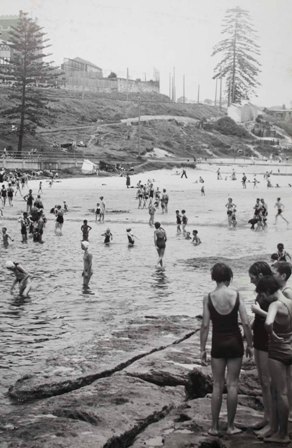 |
| Bathers enjoying the delights of Clovelly Cove, circa 1900 |
However an aspect of this and other resorts along this coast that was immediately familiar with those at home were the sea-water lido's like the one seen below, and I see that Clovelly also has a bowls club as well.
 |
| Looking down into Clovelly Cove from the next set of cliffs as we walked on round to Bronte Beach |
 |
| The view from the cliffs between Bronte Beach and Clovelly, with Waverley Cemetery on the left and Bondi Beach in the distant cove beyond |
Waverly Cemetery, modelled on the Pere Lachaise Cemetery in Paris and the Kensal Green Cemetery in London is on the cliff tops overlooking Bronte and was opened in 1877.
It is one of the most beautifully positioned cemetery's I have ever seen with its glorious views over the Tasman Sea, and a site containing over 90,000 burials and interments, dominated by mid to late nineteenth century white marble monuments and headstones.
Overhead a familiar shape, that echoed the Peregrine falcons that now, thanks to protected species legislation back home, have returned to the Devon cliffs and beaches, hove into view, as the similar profile of an Australian Brown Falcon easily cruised the cliff path on gently warm thermal breezes coming in off the sea and explaining the nervous look of a nearby feral pigeon.
 |
| New Holland Honeyeater, Philidonyris novaehollandiae, took a bit of spotting at first with its darting movements from flower to flower as it sipped the nectar. |
Whilst my gaze skyward fell to the nearby bushes as fast jerky moving shapes flitted among the nectar bearing blossoms and I managed to get the camera ready in anticipation for one of the shapes moving towards one delicate flower head, and was stunned by the gorgeous colours of a New Holland Honeyeater, probing the flower heads with a long delicate tongue for their sweet nutritious draught.
Then just as suddenly a shock of azure blue whizzed across the path to announce the arrival of the star performer of the day, and boy did he know it, as the exquisite male Fairy Wren landed to remind me who in fact was the most stunning chap on the block, happy and confident enough to sit close by to have his portrait composed, as his more conservatively plumaged mate sat nearby observing her consort strutting his stuff.
 |
| Not far away was the much plainer female Superb Fairy-Wren perfectly camouflaged for sitting the nest |
 |
| Bronte Beach and the surf was definitely up |
Sat astride Nelson Bay the nearby suburb of Bronte once topped a list of 641 local areas to Sydney as being the best place to live in 2008.
 |
| Surfs Up! |
The Bronte Life Saving Club established in 1903, lays claim to being the oldest life saving club in the world, with an annual long distance ocean swimming event held in December between Bondi and Bronte, and the other significant claim for Bronte being the invention of the 'Australian Crawl' swimming stroke, first demonstrated at Bronte Baths in 1899.
 |
| Looking back at Bronte Beach as we headed off for a well earned lunch at Bondi Beach around the next corner. |
As if to emphasise its swimming heritage, we were greeted at Bronte by perhaps one of the best of class locally, the Great Cormorant, who along with his undoubted swimming skills could also throw in a fantastic ability to dive and catch fish, all carried out with grace and aplomb that would be worthy of any Olympic swimming championship event.
Passing the next cliff top lookout point we could see other walkers gazing along the coast towards our goal, Bondi Beach, and, as if to welcome us at the end of our walk and the promise of a well-earned lunch to look forward to, a break in the cloud cover out to sea, that seemed to suggest a much brighter afternoon ahead.
 |
| Turning the corner, our first glimpse of Bondi Beach. |
 |
| An estate auction advert from 1923, heralding the growth of Bondi as a summer resort town |
 |
| With sky starting too brighten above, bathers flock to Bondi for a dip. |
The just over half mile long beach at Bondi attracts thousands of folks each year to enjoy the delights of the beach, but that enjoyment doesn't come without an element of hazard, with the ever present risk of sharks evading the offshore net that doesn't extend right across the bay, to the infamous rip current, humorously known as the 'Backpackers Rip' given that the area affected is close to the seafront bus stop.
On the 6th February 1938, on what became know as 'Black Sunday', five people drowned and over 250 had to be rescued or resuscitated after the beach was struck by very large waves that literally dragged people, close to shore, back into the sea.
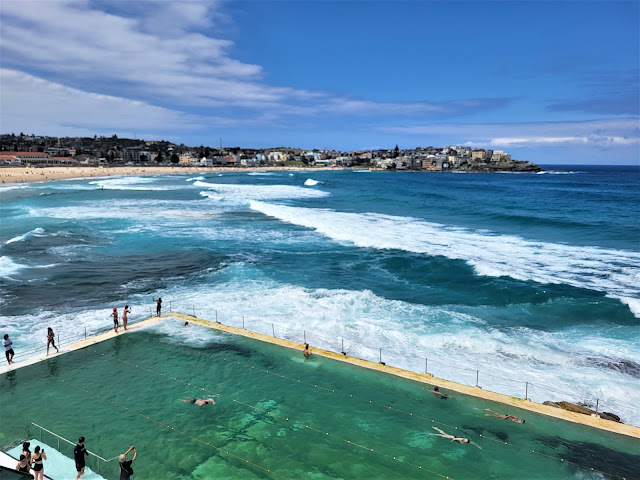 |
| Our view out over Bondi and the poolside swimming club that is 'Icebergs' where we enjoyed a great lunch to conclude our walk from Coogee. http://icebergs.com.au/ |




















